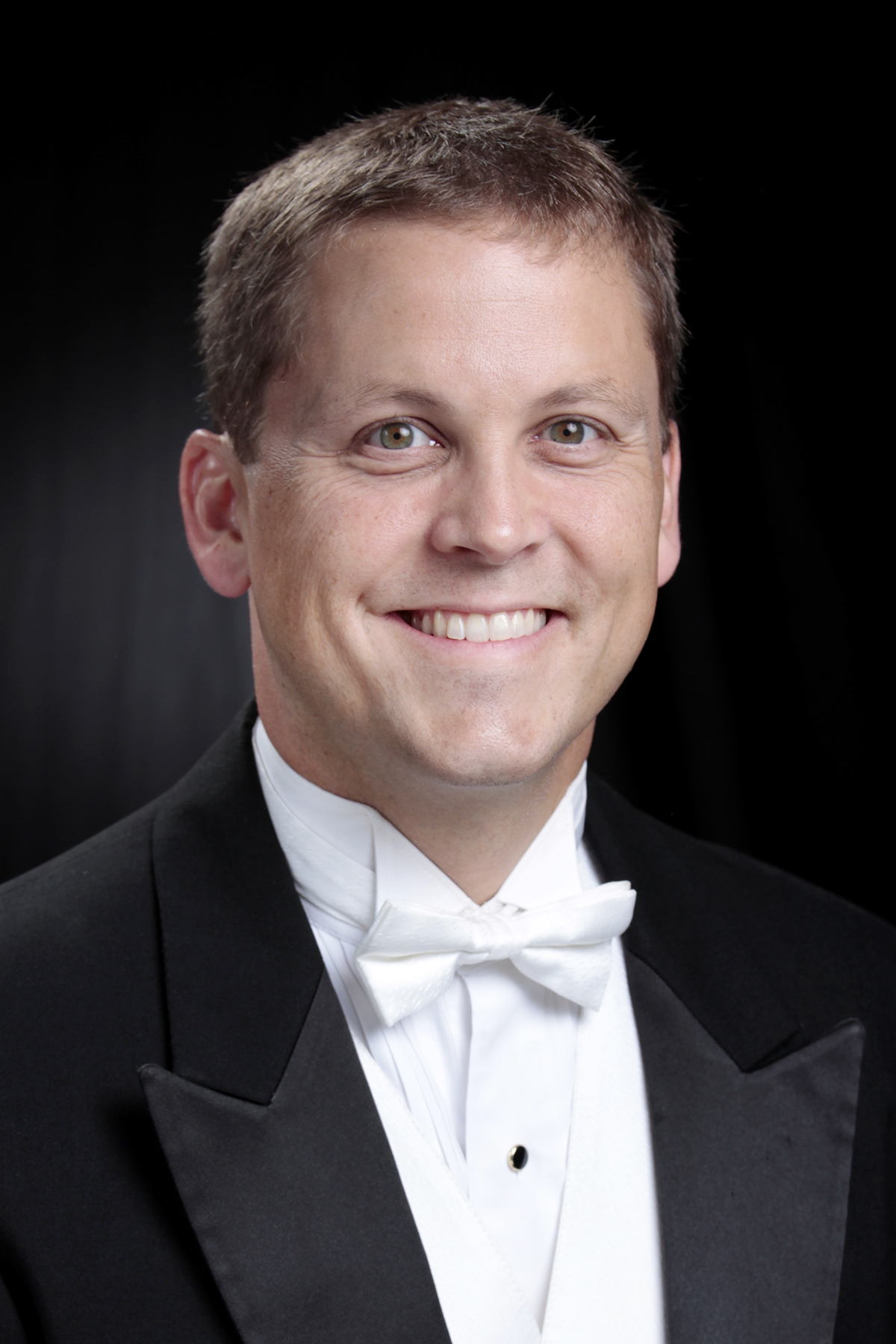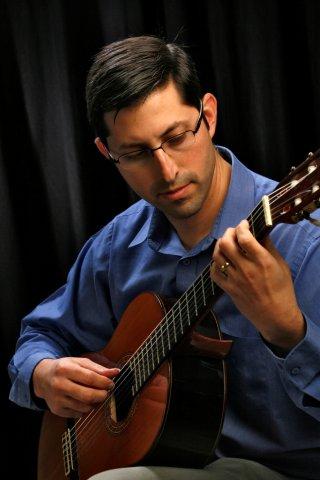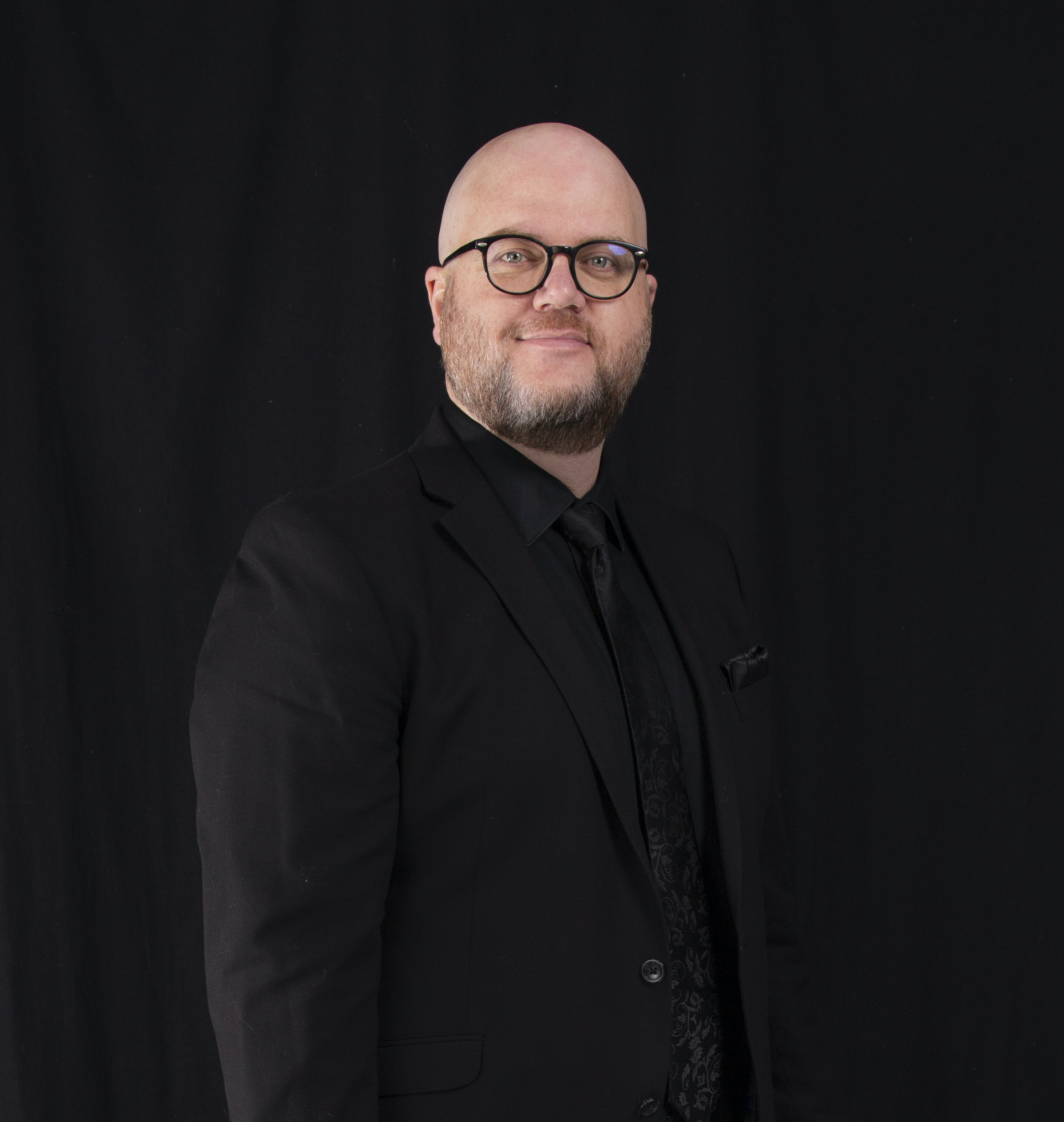Bachelor of Music with a Major in Composition
UWG Music offers professional undergraduate and graduate degree programs in music. These programs are designed to prepare talented students for careers in music education, performance, or composition.
In addition to the specific degree programs, students find enrichment through concerts, recitals, workshops, and master classes by visiting performers and scholars and the program's full-time and part-time faculty. The University of West Georgia is an accredited institutional member of the National Association of Schools of Music (NASM).
For more information, please see the Academic Catalog. A program map, which provides a guide for students to plan their course of study, is available for download in the Courses tab below.
This program is designed for those students who wish to become composers or who wish to pursue graduate study and seek teaching positions in higher education.
Program Location
Carrollton Campus
Method of Delivery
Face to Face
Accreditation
The University of West Georgia is accredited by The Southern Association of Colleges and Schools Commission on Colleges (SACSCOC).
This program is accredited by the National Association of Schools of Music (NASM).
Credit and transfer
Total semester hours required: 120
This program may be earned entirely face-to-face. However, depending on the courses chosen, a student may choose to take some partially or fully online courses.
Save money
UWG is often ranked as one of the most affordable accredited universities of its kind, regardless of the method of delivery chosen.
Details
- Total tuition costs and fees may vary, depending on the instructional method of the courses in which the student chooses to enroll.
- The more courses a student takes in a single term, the more they will typically save in fees and total cost.
- Face-to-face or partially online courses are charged at the general tuition rate and all mandatory campus fees, based on the student's residency (non-residents are charged at a higher rate).
- Fully or entirely online course tuition rates and fees my vary depending on the program. Students enrolled in exclusively online courses do not pay non-Resident rates.
- Together this means that GA residents pay about the same if they take all face-to-face or partially online courses as they do if they take only fully online courses exclusively; while non-residents save money by taking fully online courses.
- One word of caution: If a student takes a combination of face-to-face and online courses in a single term, he/she will pay both all mandatory campus fees and the higher eTuition rate.
- For cost information, as well as payment deadlines, see the Student Accounts and Billing Services website
There are a variety of financial assistance options for students, including scholarships and work study programs. Visit the Office of Financial Aid's website for more information.
Downloads
General
An initial study of music fundamentals, theory, literature, score reading, and STB part writing. Students complete assignments by using traditional methods and by using the tools of music technology. Prerequisite: Admission to Bachelor of Music Program or Music Minor, or ability to read traditional music notation and permission of the Department Chair
Continuation of MUSC 1301 to seventh chords and secondary dominant chords, chromatic harmony (augmented and Neapolitan sixth chords) through ninth, eleventh, and thirteenth chords. Students complete assignments by using traditional methods and by using the tools of music technology.
Laboratory for development of music literacy, sight-singing diatonic melodies, executing basic rhythmic patterns, and training the ear to hear major and minor tonalities. Includes orientation to technology laboratory. Prerequisite: Admission to Bachelor of Music Program or Music Minor, or ability to read traditional music notation and permission of the Department Chair
Continuation of MUSC 1401, including sight-singing major and minor melodies development of rhythm skills and training the ear to hear functional harmonic progressions. Introduction to sight-singing chromatic melodies, further development of rhythm skills, and training the ear to hear chromatic harmonic progressions. Students complete assignments by using traditional methods and by using the tools of music technology. MUSC 1302 must be taken concurrently.
Beginning keyboard study for music majors. Fundamentals and development of technical and functional skills, including keyboard theory and technique, music reading, sight reading, harmonization, transposition, and improvisation. Prerequisite: Admission to Bachelor of Music Program or Music Minor
Continuation of MUSC 1501. Fundamentals and development of technical and functional skills, including keyboard theory and technique, music reading, sight reading, harmonization, transposition, and improvisation with more emphasis on keyboard theory, including major scales and four-part harmony, sight reading, transposition, improvisation, harmonization, and repertoire. Introduction to chord progressions using secondary chords in major and minor keys, accompaniment styles, and improvisation.
Major Required
Attending formal musical performances and participating in studio and ensemble laboratories at least one hour per week as specified by the Department of Music. Music majors and minors are required to enroll for a grade of S or U.
Continuation of MUSC 1302. Review of tonal tertian harmony: introduction to musical forms and analytic techniques of Baroque and Classical music. Students complete assignments by using traditional methods and by using the tools of music technology.
Continuation of MUSC 2301. Forms and analytic techniques of Romantic and Impressionist music. Introduction to styles, forms, and analytic techniques of twentieth-century music, including serial, jazz, and electronic. Students complete assignments by using traditional methods and by using the tools of music technology.
Continuation of MUSC 1402, including sight-singing advanced chromatic melodies, further development of rhythm skills and aural analysis skills. Students complete assignments by using traditional methods and by using the tools of music technology.
Continuation of MUSC 2401, including sight-singing advanced modulatory melodies, sight-singing atonal melodies, further development of rhythm skills. Students complete assignments by using traditional methods and by using the tools of music technology.
Continuation of MUSC 1502 with emphasis on more difficult repertoire, reading four-part harmony, chord progressions using secondary chords in major and minor keys, various types of seventh chords, diatonic triads in major and minor keys, accompaniment styles, improvisation, and repertoire.
Continuation of MUSC 2501 with emphasis on modal, chromatic, and whole-tone scales, sight reading accompaniments of vocal and instrumental solos, transposition, improvisation, and repertoire including patriotic songs. Passing this course satisfies the departmental key-board proficiency requirements.
Principles, fundamentals, and techniques of playing and teaching flute, oboe, clarinet, bas-soon, and saxophone. Includes a survey of instructional materials and literature for woodwind instruments. Prerequisite: Music Major or Minor or permission of the Instructor
Principles, fundamentals, and techniques of playing and teaching trumpet, horn, trombone, euphonium, and tuba. Includes a survey of instructional materials and literature for brass instruments. Prerequisite: Music Major or Minor or permission of the Instructor
Principles, fundamentals, and techniques of playing and teaching tuned and untuned percussion instruments. Includes a survey of instructional materials and literature for percussion instruments. Prerequisite: Music Major or Minor or permission of the Instructor
Principles, fundamentals, and techniques of playing and teaching violin, viola, violoncello, double bass, and guitar. Includes a survey of instructional materials and literature for string instruments. Prerequisite: Music Major or Minor or permission of the Instructor
Principles, fundamentals, pedagogy, and techniques for singing. Includes a survey of instructional materials and literature for voice. Prerequisite: Music Major or Minor
A writing-intensive survey of selected musical styles, composers and genres, 800-1800. Students must have completed ENGL 1102 or equivalent. Prerequisite: Music Major or Minor or or the ability to read musical scores and the permission of the instructor
A writing-intensive survey of selected musical styles, composers, and genres of American and European art music 1800-present and of non-Western music. Students must have completed ENGL 1102 or equivalent. Prerequisite: Music major or minor or the ability to read musical scores and the permission of the instructor
A study of the fundamentals of conducting instrumental and choral ensembles including baton techniques, interpretation, leadership, score analysis, and repertoire. Students have the opportunity to conduct small and large ensembles.
The study of instrumentation, orchestration, and arranging techniques for instrumental and vocal ensembles. Projects use traditional methods and the current tools of music technology.
Study of the theoretical and historical development of forms, and of advanced techniques of analysis. Analytical study will cover selected forms and works from the Baroque style period to the present.
Compositional techniques taught in a combination of group and individual sessions. Students complete composition projects by using traditional methods and by using the current tools of music technology. Prerequisites: Admission to the Bachelor of Music in composition or permission of the Department Chair
Preparation and presentation of a Junior Recital. The undergraduate performance major is expected to perform a half recital during the Junior year consisting of 20-30 minutes of music. Composition majors give a Junior Recital of 20-30 minutes of original compositions. Must be performed before a public audience. Prerequisite: Passing the MUSC 2600 level-change jury examination and permission of principal applied instructor
Preparation and presentation of a Senior Recital. The performance major will perform a full recital during the Senior year consisting of 40-60 minutes of music. Composition majors give a Senior Recital of 40-60 minutes of original compositions. Music Education majors perform either a public recital of 20-40 minutes, or a 15-minute (minimum) program for hearing by the music faculty prior to the quarter of student teaching. Must be completed prior to the middle of the last quarter of applied study and performed before a public audience. Prerequisite: Passing the MUSC 2600 level-change jury examination and permission of principal applied instructor

Josh Byrd, D.M.A.
Professor of Music & Director of Bands
Emily Hunt, PhD
Senior Lecturer of Music
Elizabeth Kramer, Ph.D.
Professor of Music & Program Coordinator of Music Graduate Studies
Dawn McCord, D.M.A.
Part-Time Accompanist, Music
Dawn Neely, D.M.A.
Professor of Music: Voice & Director of Opera Workshop
Harry Nelson, D.P.A.
Part-time Instructor of Music: Guitar
Cale Self, DMA
Professor of MusicGuidelines for Admittance
Each UWG online degree program has specific requirements that you must meet in order to enroll.
- Complete online application. A one-time application fee of $40 is required.
- Official transcripts from all schools attended. Official transcripts are sent from a regionally or nationally accredited institution.
- Verify specific requirements associated with specific populations identified here: Freshman Adult Learners Transfer International Home School Joint / Dual Enrollment Transient Auditor Post-Baccalaureate Non-Degree Seeking Readmission
Program Specific Admittance Guidelines
To be considered for a major or minor in Music, the prospective student must successfully complete an audition for the Department of Music. Audition dates, requirements, and more can be found at westga.edu/music/apply.
Admission Process Checklist
- Review Admission Requirements for the different programs and guides for specific populations (non-traditional, transfer, transient, home school, joint enrollment students, etc).
- Review important deadlines:
- Fall semester: June 1 (undergrads)
- Spring semester: November 15 (undergrads)
- Summer semester: May 15 (undergrads)
See program specific calendars here
- Complete online application
Undergraduate Admissions Guide
Undergraduate Application
Undergraduate International Application - Submit $40 non-refundable application fee
- Submit official documents
Request all official transcripts and test scores be sent directly to UWG from all colleges or universities attended. If a transcript is mailed to you, it cannot be treated as official if it has been opened. Save time by requesting transcripts be sent electronically.
Undergraduate & Graduate Applicants should send all official transcripts to:
Office of Undergraduate Admissions, Murphy Building
University of West Georgia
1601 Maple Street
Carrollton, GA 30118-4160 - Submit a Certificate of Immunization, if required. If you will not ever be traveling to a UWG campus or site, you may apply for an Immunization Exemption. Contact the Immunization Clerk with your request.
- Check the status of your application
Specific dates for admissions (Undergraduates Only), go to: UWG Undergraduate Admission Deadlines
- Demonstrate competence in the principal applied performance area, utilizing technical skills requisite for self-expression, and including a representative body of literature.
- Demonstrate an understanding of the common elements of music and their interaction, and the ability to employ this understanding in aural, verbal, and visual analyses.
- Demonstrate knowledge of and ability to work with music of diverse cultural sources, historical periods, and media.
- Demonstrate achievement of the highest possible level of skill in the use of basic concepts, tools, techniques, and procedures to develop a compositions from concept to fully realized performances, involving a variety of media, styles, and forms.
